Search
Get in Touch Dropping off a sample or attending a Kids Check appointment? Visit us at our Edgewater clinic. The Kids Joondalup Shop 51, Joondalup
Get in Touch Dropping off a sample or attending a Kids Check appointment? Visit us at our Edgewater clinic. The Kids Joondalup Shop 51, Joondalup
As well as ORIGINS long-term core research, there are a number of clinical trials, early interventions and shorter-term research studies that sit within ORIGINS. Known as sub-projects, these studies look at multiple aspects of child and family health and development.
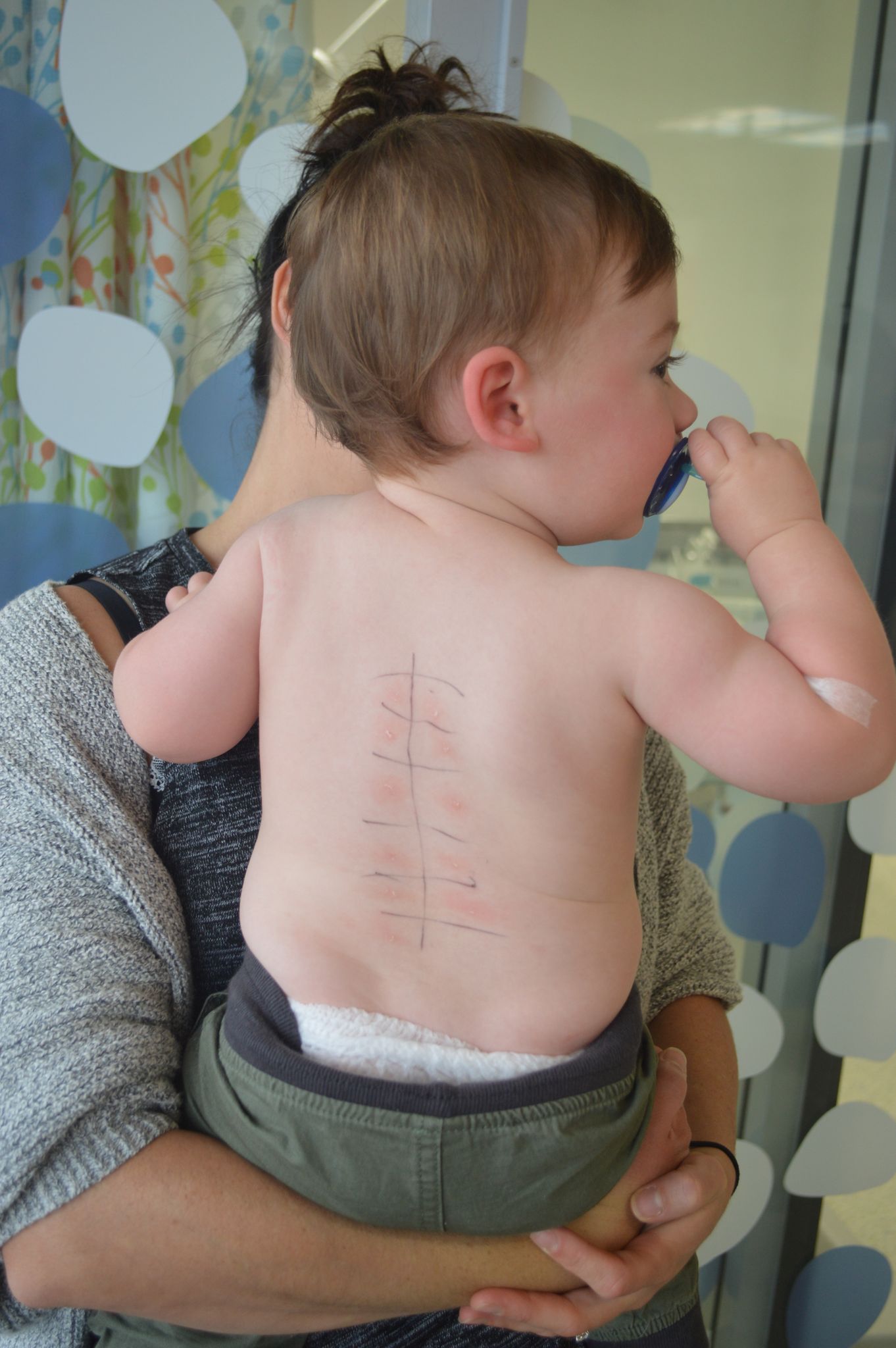
Comparing how mast cells are “programmed” in allergic and non-allergic children at one year of age.
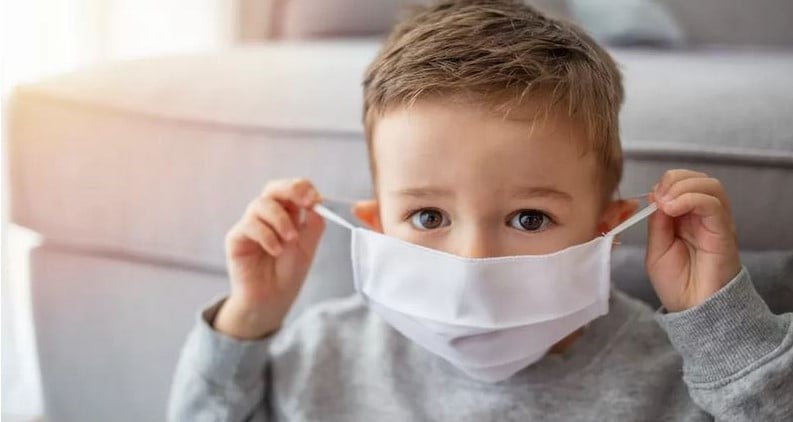
Investigating the physical impact of Long COVID on ORIGINS families
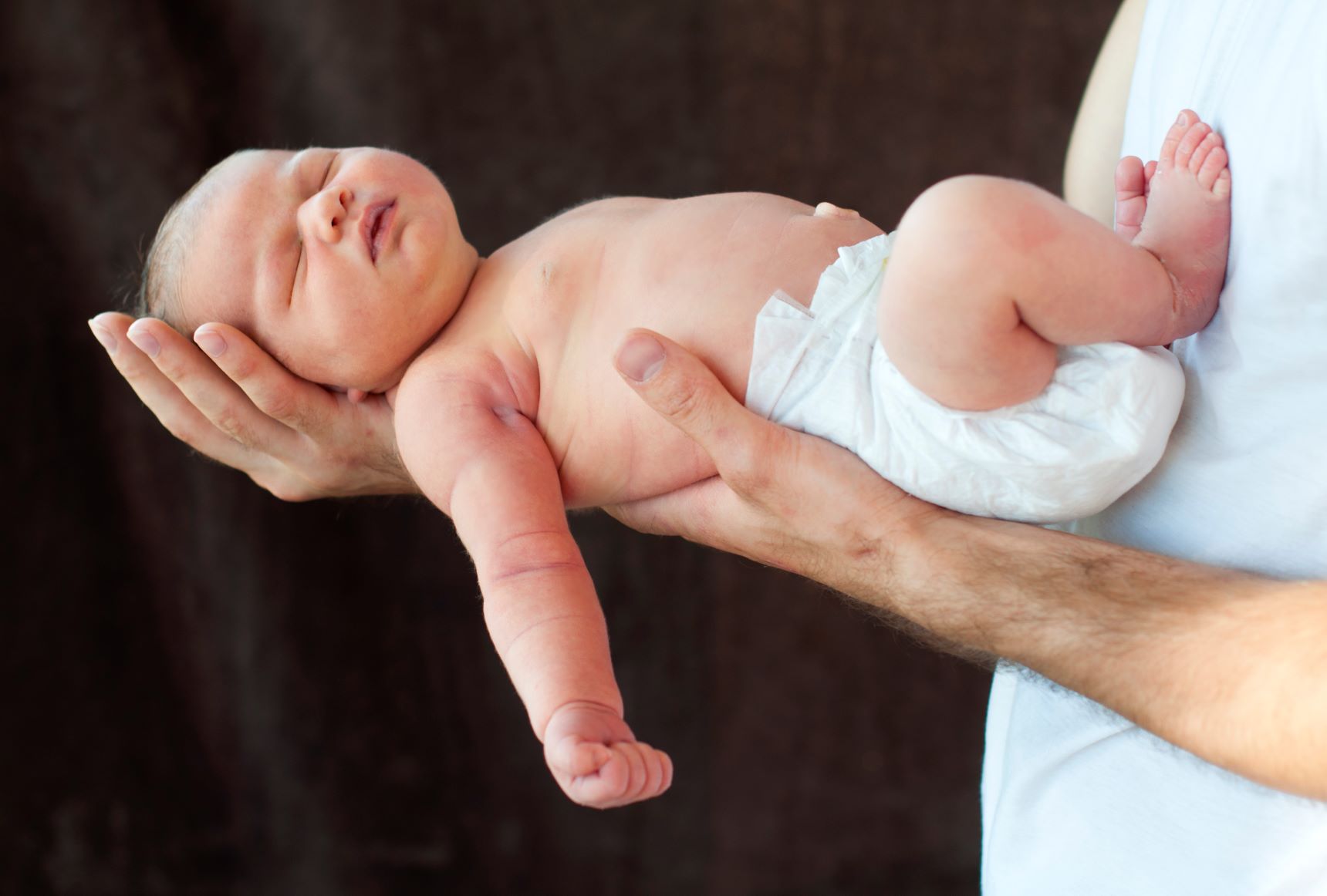
Antibiotic dysbiosis and probiotics trial on infants
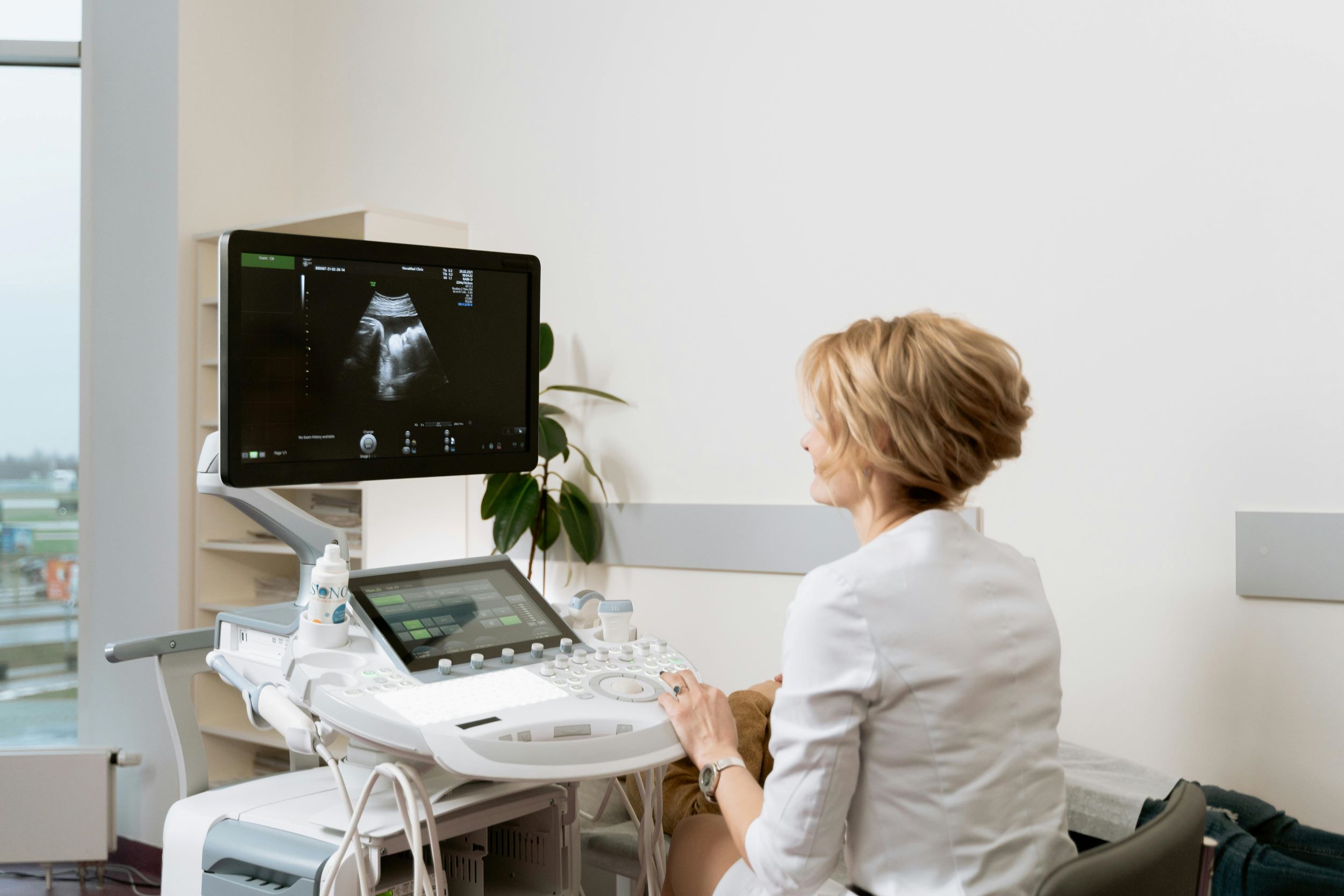
This study is investigating whether a machine learning based approach can be used to improve fetal brain anatomy measurement for learning development studies.
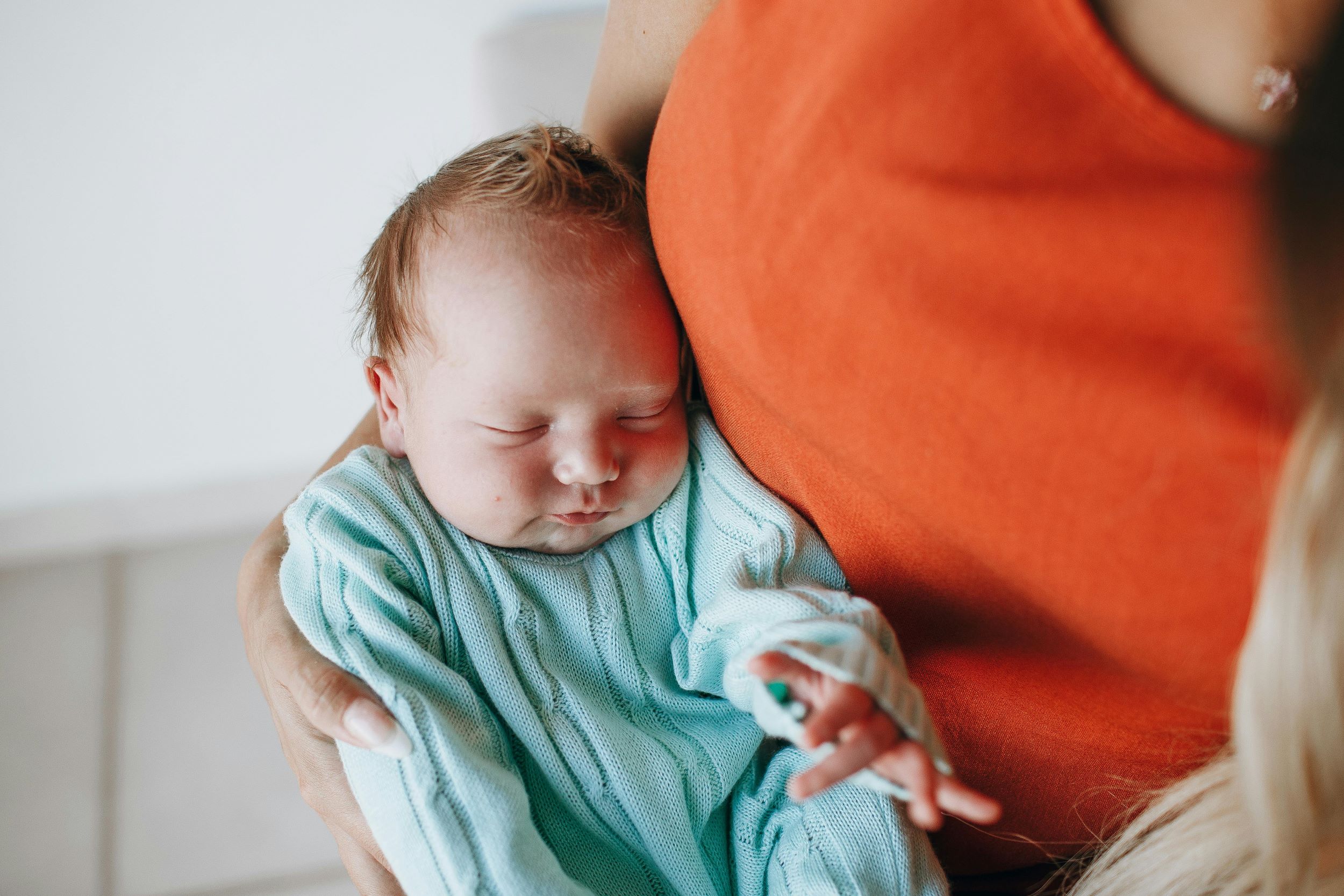
This study explores the role of infant sleep in early childhood development.
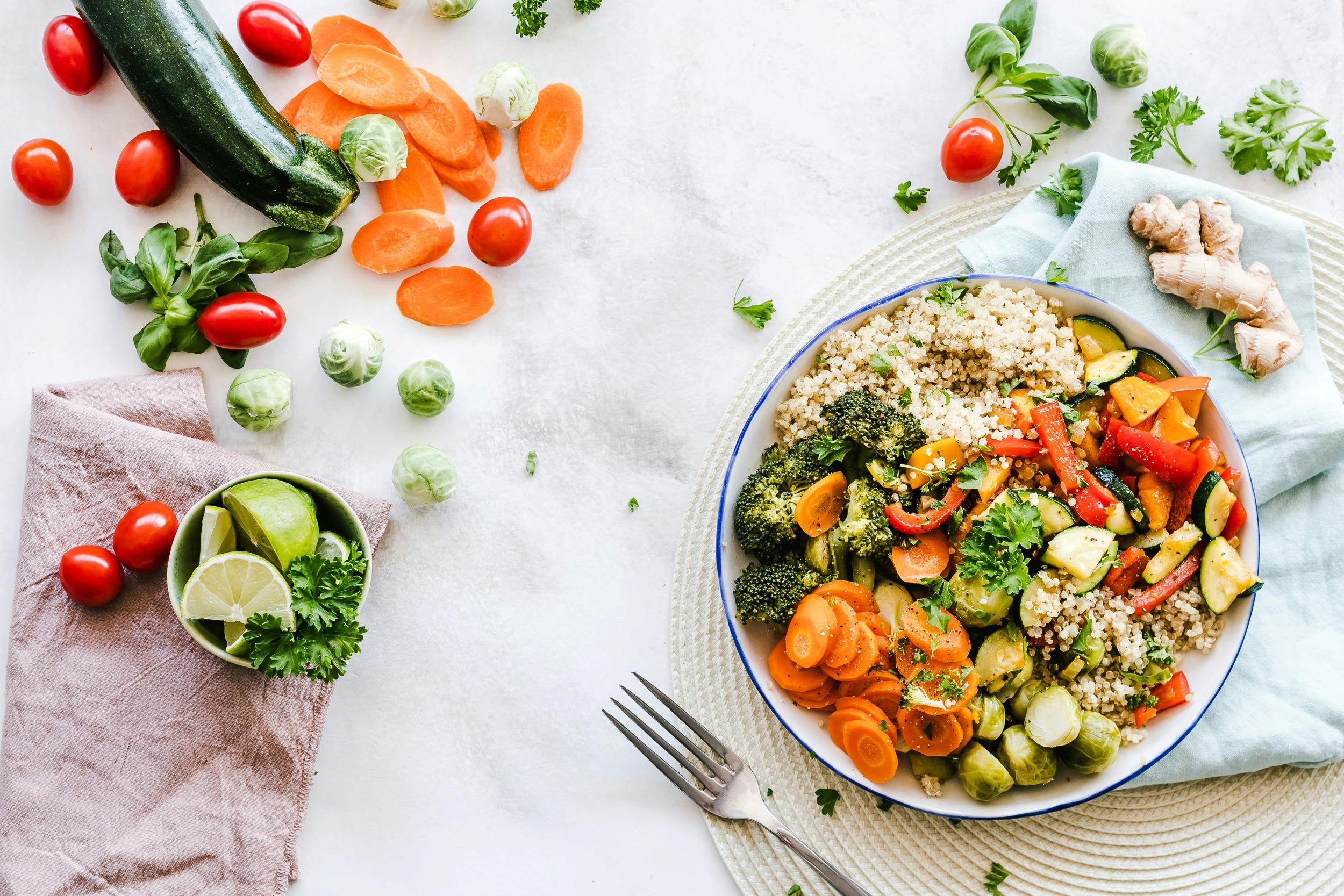
The BioMood project will study how following a Mediterranean diet during pregnancy affects the gut microbiome, metabolism, and inflammation, with the expectation that it will promote a healthier microbiome and better mental health.
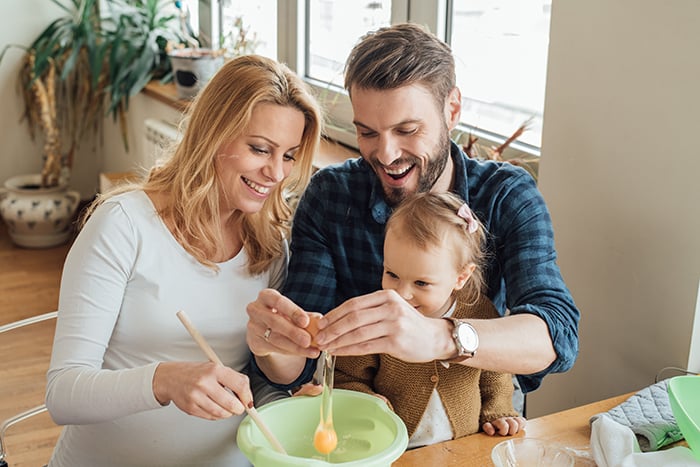
Does the amount of eggs and peanuts a mother eats during pregnancy and breastfeeding have an influence on whether her baby will develop an egg or peanut food allergy?
